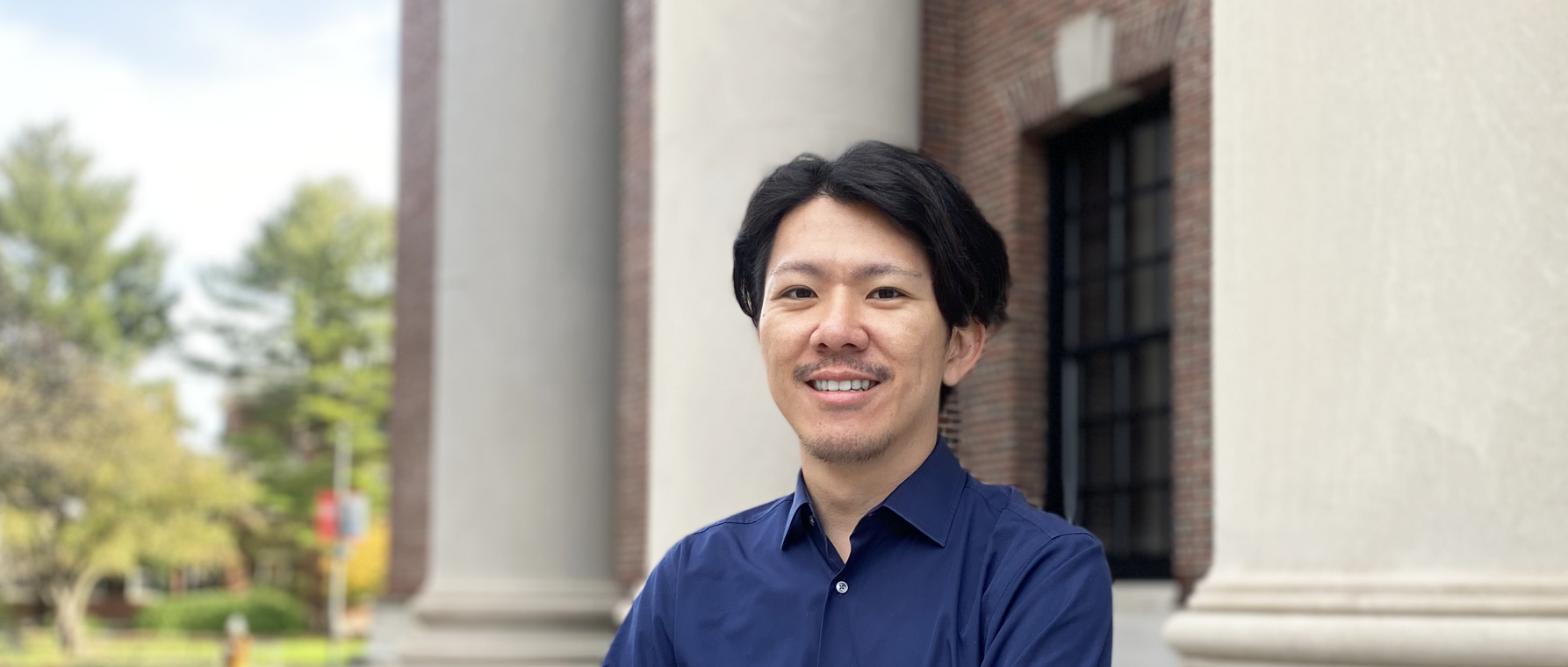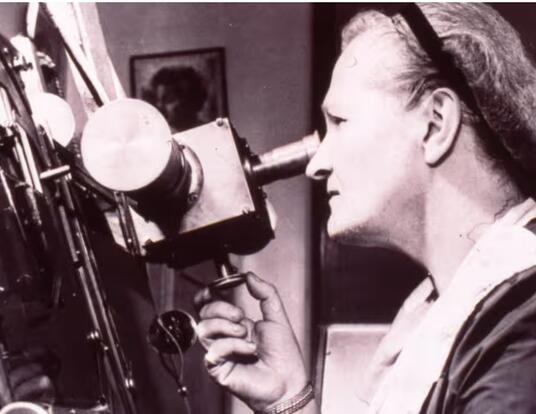When Disease Spreads to Politics
GSAS Voices: Mitsuru Mukaigawara, PhD candidate in government

Throughout its 150th anniversary year, GSAS is foregrounding the voices of some of its most remarkable alumni and students as they speak about their work, its impact, and their experiences at the School.
Mitsuru Mukaigawara is a PhD candidate in government at GSAS studying political behavior and health inequity in the context of disease epidemics. A physician who specializes in infectious diseases, Mukaigawara’s firsthand experience treating patients in developing countries inspired him to research how the outbreak of disease shapes political behavior and violence. He discusses his ongoing research, ways that health inequities can ignite or intensify conflict, and the Harvard mentors who have supported his interdisciplinary work.
Epidemics and (In)Equity
Before coming to GSAS, I was a physician in Japan focusing on infectious diseases. As a medical student, I had the chance to work in developing countries, conducting research on public health. That was my first experience observing firsthand what health inequity is like. I saw many patients around my age almost dying in front of me. It was a shocking experience.
I wanted to address the inequity I saw. There are two ways to do that: One is to become a physician and the other is to become a researcher. I wanted to do both, so I came to GSAS, where I use a variety of methods including econometrics, computer science, and applied statistics to study the political consequences of health inequities, namely how epidemics change the nature of conflict, war, and international security.
I have found that, in some geographic locations, there is a tendency for epidemics to cause or intensify conflict, but in other locations, this is not the case. What I’m now working on is identifying what conditions explain the relationship between disease and violence.
One of the key variables could be ethnic factionalization, or an intense in-group and out-group divide. In some countries, an epidemic could cause groups to attribute the outbreak to others, which could intensify conflict. Another key could be the novelty of the disease. For example, in African countries, Ebola is a familiar disease that has had outbreaks over the last decades, but COVID-19 was a new and, for many people, asymptomatic disease. If people do not perceive disease, they will behave differently than if they perceive a severe disease outbreak.

Disentangling Health and Politics
It is my mission to analyze the effects of health inequities to inform policymaking. My goal is to disentangle the potential relationship between health inequities and political behavior at the global level, which is quite under-investigated so far.
For example, people who have suffered from medical malpractice or health inequity might be more likely to lose trust in leaders and governments—and that could be a source of political conflict. So far though, there is limited empirical evidence of this connection. That’s why research is important. Health inequities have long-standing consequences. Even if you yourself have not suffered, the experience of your parents or grandparents, or ancestors could affect how you perceive government and respond to epidemics. In my work, I’m trying to connect the data sets we have in political science that discuss political behavior with those in global health to provide evidence of the effects that inequity has on political behavior.
Finding Interdisciplinary Opportunities
I came to Harvard first for a master’s degree at the Kennedy School, then moved to GSAS. In both schools, I met incredible mentors. At HKS, I met Professor of Public Policy Marcella Alsan, a physician and economist who studies the effects of health inequities. At GSAS, my mentor Josh Kertzer, a professor of government, specializes in international relations and political psychology. I didn’t think it was possible to combine these fields before I met them.
I have also had the opportunity within the Department of Government to do a lot of research along with taking classes. At GSAS, I’ve had the chance both to help with research and to do data analysis by myself. I’ve also had a lot of opportunities to interact with many different people from various backgrounds. The community here is phenomenal, and I have learned a lot from my cohort, my friends, my mentors, and everyone, every day.
Get the Latest Updates
Join Our Newsletter
Subscribe to Colloquy Podcast
Simplecast





